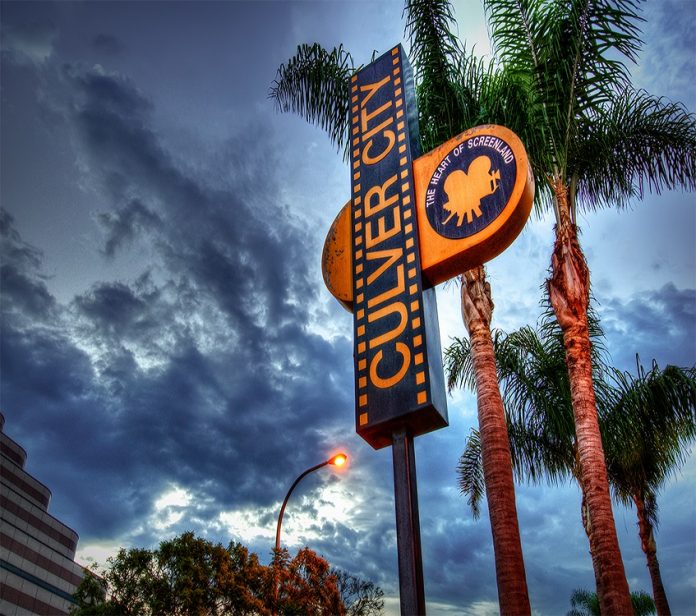Loyola Marymount University (LMU) researchers, in collaboration with the Culver City Police Department (CCPD) recently installed automated camera systems, also called ‘critter cams,’ to monitor coyote and other wildlife behavior and movement patterns within the city.
By monitoring the movement and composition of coyote groups that have posed a threat to Culver City pets, LMU scientists will be better equipped to develop an effective Coyote Management Plan unique to Culver City.
The critter cams record all movement within their capture range of approximately 100 feet, producing full-color still photos during the day and monochrome (black and white) still photos at night. They will be placed on public land and solely used to monitor animal movement, capturing up to 1,000 images each week. Notably, the majority of images will be deleted as they capture content that is not relevant or of interest to the City’s effort.
If you encounter one of the small cameras affixed to a tree or light post, please do not disturb it so it can continue gathering data vital to the development of the Coyote Management Plan. If you find a vandalized camera, please contact LMU Researcher Dr. Melinda Weaver at 310-258-4384 or Melinda.Weaver@LMU.edu immediately so it can be replaced.
LMU, CCPD and the City thanks to our community members for understanding the importance of this effort in keeping Culver City safe. We invite you to participate in the study by having a camera installed in your yard or similar vicinity. For more information, please visit Culver City’s Coyote Management Program website.
Additionally, The Loyola Marymount University (LMU) research team has developed a Coyote Risk Assessment Backyard Survey that will help us determine if you are at high risk of attracting a coyote to your yard and neighborhood.
This is a free service that the research team will provide to any Culver City resident who is willing to participate in this brief, 10-minute study in your backyard. Upon completion, researchers will email the results to you with information on how you can better secure your yard.
The more participants that we have throughout the City, the better so that we can understand what specific factors are attracting coyotes to certain parts of our community. Please contact LMU’s Melinda Weaver at melinda.weaver@lmu.edu to schedule a survey appointment. The researchers will also be going door-to-door in targeted neighborhoods, so be on the lookout for our team!













